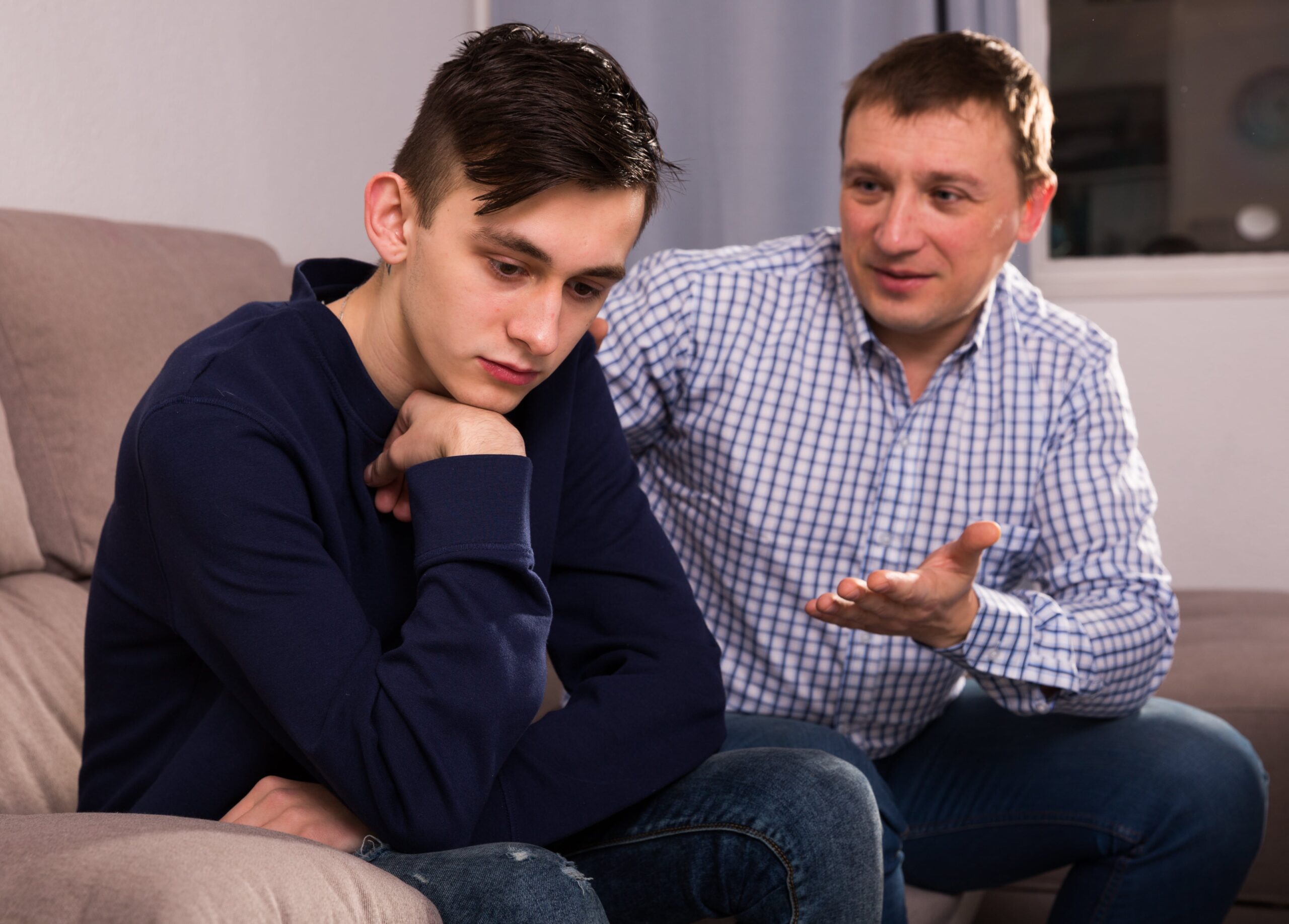The teenage years are filled with challenging lessons, immense physical growth, surging hormones, and a newfound need for autonomy. Teenagers are inherently programmed to make decisions and react from an emotional standpoint, not a rational standpoint. With an underdeveloped pre-frontal cortex (area of the brain that reigns rational thought, impulse control, executive planning, etc.) teenagers are forced to rely on the amygdala (area of the brain that governs one’s emotions, impulsivity, emotional behavior, and motivation) to process external stimuli. All teenagers will experience bouts of anxiety during their adolescence. As is defined by the American Psychological Association (APA) anxiety is “an emotion characterized by feelings of tension, worried thoughts and physical changes like increased blood pressure.” It is the body’s natural response to stress.
Signs and Symptoms
Anxiety will manifest differently in different people. The feelings of anxiety can range from mild to severe. Stress is inevitable, which makes anxiety unavoidable for teenagers. As a parent it is important to be aware of the hidden signs of teen anxiety, some of which include the following examples, provided by Psycom:
- Emotional changes:
- Feeling on edge
- Irritability
- Difficulty concentrating
- Restlessness
- Unexplained outbursts
- Social changes:
- Avoiding social interactions with usual friends
- Avoiding extracurricular activities
- Isolating from peer group
- Spending increased time alone
- Physical changes:
- Frequent headaches, including migraines
- Gastrointestinal problems
- Unexplained aches and pains
- Excessive fatigue
- Complaints of not feeling well with no obvious medical cause
- Changes in eating habits
- Sleep disturbances:
- Difficulty falling asleep
- Difficulty staying asleep
- Frequent nightmares
- Not feeling refreshed after sleep
- Poor school performance:
- A significant jump in grades (usually downward)
- Frequently missed assignments
- Describes feeling overwhelmed by the workload
- Procrastinates on, or has difficulty concentrating on, homework assignments more than usual
While some amount of anxiety during adolescence is to be expected, it is not healthy to feel anxious all the time. Further, most teens are operating with outdated and inadequate emotional coping mechanisms, which can make dealing with anxiety seem impossible. In situations where a child’s anxiety becomes increasingly problematic to the point that it interferes with his or her ability to function socially, emotionally, and/ or educationally in daily life, it is best to pursue professional guidance.
For Information and Support
Every family in need of mental health treatment must select a program that will best suit the needs of their family. When one member of a family struggles, it impacts everyone in the family unit. To maximize the benefits of treatment we work closely with the entire family to ensure that everyone is receiving the support they need through these difficult times. Seeking help is never easy, but you are not alone! If you or someone you know needs mental health treatment, we strongly encourage you to reach out for help as quickly as possible. It is not uncommon for many mental health difficulties to impact a person’s life, in the long term. Pursuing support at the beginning of one’s journey can put the individual in the best position to learn how to manage themselves in a healthy way so they can go on to live happy and fulfilling lives.
OUR KNOWLEDGEABLE ADMISSIONS TEAM CAN BE REACHED 24/7 AT INFO@PACIFICRTC.COM OR CALL: 800-531-5769 We are available to answer any questions you may have regarding mental health treatment and our residential program, anytime. Contact us today using the form to the right.






